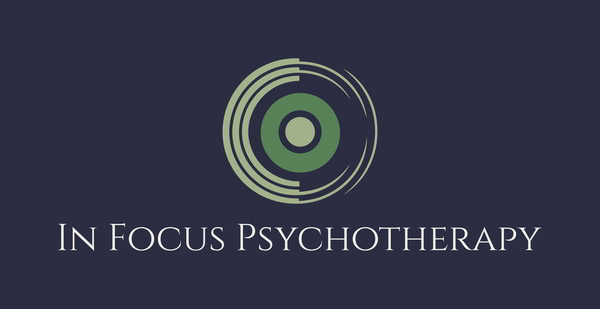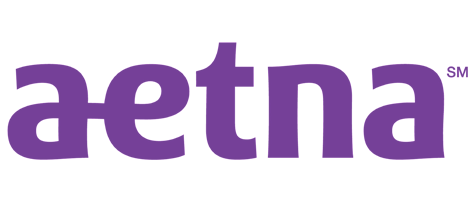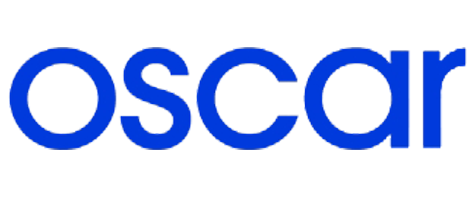When adolescents face mental health concerns, parents and guardians must navigate important questions. Here are the most frequently asked questions we hear from parents/guardians and adolescents in search of mental health treatment.
Family-oriented therapy is a preferred approach for younger adolescents aged 13-15. This can be a mix of some individual therapy, some work with parents/guardians in the room, or some work with other members of the family. Ultimately, with younger adolescents there is a focus on more communication between parents and the therapist. In addition, there is a bit more focus on using parents and other family as sources of information and sources of support outside the therapy room. In person work is more appropriate for younger adolescents so that they can benefit from having family feedback during session. There is less confidentiality for the client, and more focus on family-oriented interventions.
Individual therapy is a preferred approach for older adolescents aged 16-18. At this stage of life, they are more able to take ownership of concerns and generally seek independence. It is advantageous for clients this age to state their preferences and construction of their concerns, and work with the therapist to develop unique coping styles and strengths. Parents can still be important support, but contact is generally less frequent and limited to key areas like safety assessment, substance use assessment, and assessment of dangerous behaviors.
Another modality that benefits adolescents of all ages are groups – things like social skills groups and support groups can be great community options for young people.
A licensed clinician cannot see a minor beyond a very limited time without parental/guardian consent to treatment. A minor can be seen on an emergency or temporary basis, but it is best practice to inform the minor’s parent or guardian as soon as possible about the minor’s request for treatment.
Ideally, and most commonly, both the minor client and the parent/guardian will consent to treatment and have an opportunity to ask questions about the nature and course of treatment before treatment begins. Parents/guardians will sign a special consent to treatment addendum for their minor client.
Most parents/guardians understand that individual therapy works best when the client and psychotherapist have confidentiality. There is an implicit understanding that teenagers might not disclose problems to parents for several reasons.
At the same time, parents/guardians naturally want some indication of how the course of treatment is going, and how any safety concerns such as suicidal thinking, risky behaviors, or substance use are being managed.
These concerns are best managed on a case-by-case basis with consideration given to the age and maturity level of the client. However, it is important to recognize that safety concerns warrant communication with parents and guardians so that all parties can collaborate on safety planning. Most of the time, adolescent clients will give their assent to contact parents and invest in the safety planning process. However, there are cases where, due to the nature of the concern, the therapist will contact the client’s parent/guardian without that assent.
Yes – parents/guardians are entitled to have access to the treatment record of their child. This issue often comes up when coordinating care with other providers or keeping a record of services for future reference.
When parents/guardians are divorced, any parent with custodial rights is entitled to the client record so that they can be appraised of the course of treatment and recommendations.
In most cases, parents/guardians sign releases of information to other parties so that the therapist can facilitate appropriate transfer of confidential information.
Teletherapy is a convenient modality for busy families that avoids the commute of going to a physical location. That said, there are some contraindications to teletherapy. For younger adolescents, in-person work can facilitate different members of the family being present in the room. In addition, higher acuity patents with more serious concerns should be treated in person so that the therapist can better detect signs of severe mental illness such a body posture and psychomotor activity.
All that said, for most older teenagers aged 16-18, teletherapy is a great option that allows them to work on their concern and still have time to attend other important extracurriculars.
Parents tasked with obtaining an assessment for ADHD, autism, and learning disabilities face significant challenges. For one, they often don’t know what these assessments entail. For another, it can be hard to locate a provider.
Assessments for these concerns involve formal psychological assessment using specific testing procedures. The diagnoses for ADHD, autism, and learning disabilities cannot be made by a clinical interview alone.
Assessment for these concerns often includes a battery of standardized questions for parents, clinical observation, paper-and pencil (or electronic) testing of cognitive and academic skills, and even computer administrated tests of attention.
Parents should look for providers that specialize in psychological testing or psychological assessment. The cost of these services tends to be expensive unless covered by insurance.
While we don’t provide those services here, we are happy to consult with parents for free to help them answer questions and point them to referral sources. The cost of these services tends to be expensive unless covered by insurance. On the other hand, these are sound investments that can help identify neurological issues and qualify adolescents for important accommodations and interventions.






